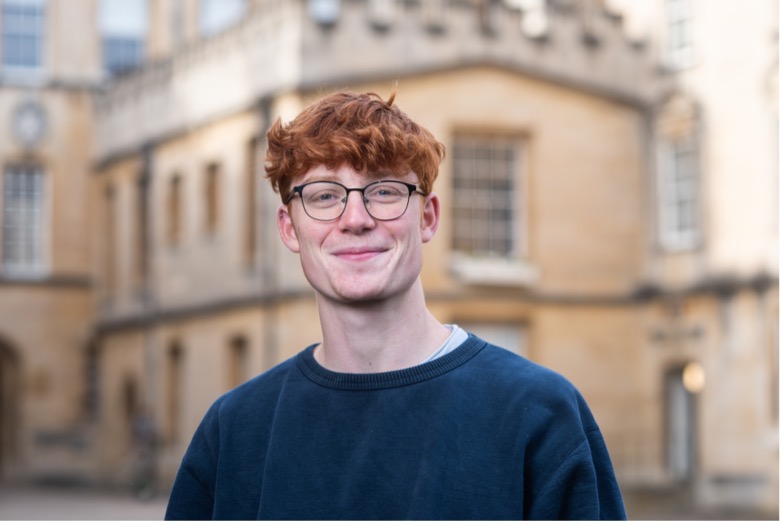The Benefits of a Liberal Arts Education
As written by Sarah K (BA, MA Harvard), a USA College Counsellor As a US college advisor for Bespoke Tuition now based in London, Sarah enjoys learning about students’ interests and
post
By Patrick M

The Labour government’s recent push for integrating oracy into the schools’ curriculum is a positive but only partial development. It gives students the tools to express their ideas. But it forgets the other half of the paradigm; how they form these ideas in the first place. The world we live in is increasingly information dense. It encourages instinctive responses to sensationalised information, leaving us more polarised and less informed. Learning to debate, particularly as a young student, is a formative experience in building the toolset to resist such a trend as well as empowering students to drive themselves forward in subjects of their choosing.
Debating offers four crucial steps & complementary skills:
Critical Engagement with Information
Debaters have to quickly digest significant amounts of information and sort it, at pace, for what is relevant and verifiable. In a world that is flooded with information, particularly as artificial intelligence removes the limits on human-driven content, it is increasingly difficult to sort the wheat from the chaff, the fact from the falsehood. Debating teaches a reliance on verifiable sources and an ability to quickly process information.
Argument Formation
Information is only useful in so far as it serves an instrumental role in forming your opinions. Without knowing what to do with the set of information provided, it serves little value. Once a student has digested the relevant information, it is important that they have the skills to use this to form their own ideas and arguments. Debating helps familiarise students with that pathway; critically engaging with the relevant information and forming opinions based off of it. It is deeply analytical, questioning each stage of logical learning from premise to conclusion. The ‘why, why, why’ approach is crucial in a world of logical leaps and easy answers – we only need to look at our elected leaders for a treasure trove of examples.
Expression
Again, the prior two steps are of limited use alone if we lack the ability to express the ideas that we’ve formed, both verbally and on the page. Debating teaches you to structure your arguments and style them rhetorically. It teaches you to convey them in writing, as I am doing now, or orally. It builds the confidence to stand in front of a crowd of hundreds and speak rationally yet powerfully.
Engagement & Modesty of Opinion
Without this last step, the above might create a world of brilliant orators merely talking at each other to no constructive end. The rebuttal and engagement with other views inherent within debating encourages a modesty of opinion, a willingness to recognise when you are wrong, and an ability to change your arguments in light of new information and ideas. We are all students and we are all often wrong. And yet it is an emotionally difficult endeavour to recognise as such in the heat of the moment. J S Mill, in his writings ‘On the Subjection of Women,’ rightly identifies that it is the beliefs we hold most weakly that we often fight the hardest to maintain. In his case, he found that the sexism endemic within society was maintained so arduously precisely because it lacked a logical basis. It is the work of a debater to overcome this emotional instinct and preserve one’s integrity of thought, striving instead to hold true beliefs not those most loudly shouted.
Next Steps
That is why Bespoke Tuition and I are looking to offer one-off debating workshop weekends in holidays and half-terms, alongside establishing a more regular debating programme. Debating has taken me around the world, competing at European and World Championships in Croatia, Bulgaria, Madrid and Dublin. It has unlocked my career and opened doors to top universities and jobs. But more than this, it has given me the tools to engage with the world around me. The tools to push myself academically, professionally, and personally. This is what we hope to bring to future students.
About the Author: Patrick M
Patrick graduated with a 1st in History from New College, Oxford, in 2024. Prior to this, he represented Oxford internationally at debating competitions, including placing 7th at the 2022 European University Debating Championships and judging the 2022 and 2023 World University Debating Championships. As a teenager, he ran a startup called Activate Debate which looked to equip young people to engage with topical issues and have their voices heard; they ran series on topical issues on their youtube channel and hosted the first online schools’ competition during Covid. He has since started a SubStack that looks to explore a range of topics from the ‘narrative of meritocracy’ and ‘metrics of good governance’ to questions of ‘ethical consumption’ and ‘international development.’ He hopes to tie this into future ‘intellectual expansion’ talks and workshops within the debating programme.
Read More
As written by Sarah K (BA, MA Harvard), a USA College Counsellor As a US college advisor for Bespoke Tuition now based in London, Sarah enjoys learning about students’ interests and
5 Tips for both Parents and Tutors The first moments for any new tutoring assignment can be a nervy affair, for both parent and tutor, and more importantly the tutee!
Over the years, the IB has given rise to many myths and misconceptions. If you have ever wondered how to guide your child to avoid the most common pitfalls, then please continue reading! This